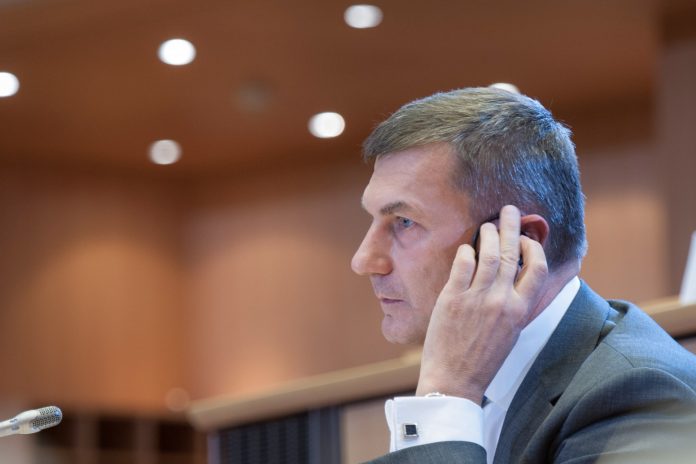European Union leaders are scheduled to meet in Sofia on May 16 to discuss how to protect citizens’ privacy and make the bloc’s Digital Single Market a reality by the end of this year. The meeting comes 10 days before the official entry into force of the General Data Protection Regulation.
According to the European Commission, all EU member states should manage the digital transformation by following the European approach, which links investment in digital innovation with strong data protection rules. It says this will allow the bloc to effectively deal with the challenges of an increasingly data-based global economy.
“Data is at the heart of our economy and society. It needs to flow freely, to be safe and secure,” said Vice-President Andrus Ansip, responsible for the Digital Single Market. “The European Commission has put forward all the proposals for a Digital Single Market. It is now EU leaders who have the keys to unlock digital opportunities. This new regulatory environment should go hand in hand with major investments in areas such as cybersecurity, 5G, artificial intelligence and high-performance computing.”
In turn, Věra Jourová, Commissioner for Justice, Consumers and Gender Equality, said that the recent Facebook Cambridge Analytica revelations confirm once the EU made the right choice to put in place strong data protection rules.
“Data harvesting with the aim of manipulating public opinion is unacceptable. We are proud to be setting the new global standard for the protection of personal data. This is fundamental for consumer trust in an increasingly digital economy and society,” she said.
In a similar vein, Mariya Gabriel, Commissioner for Digital Economy and Society, said the General Data Protection Regulation, together with the ePrivacy Regulation, will secure our citizens’ electronic communications. “In Sofia, EU leaders will have a unique occasion to give decisive incentives on the remaining key digital proposals still in negotiations.”
According to data presented by the Commission, two-thirds of Europeans say that they are worried about having no control over the information they provide online, while half are concerned about falling victim to fraud.

